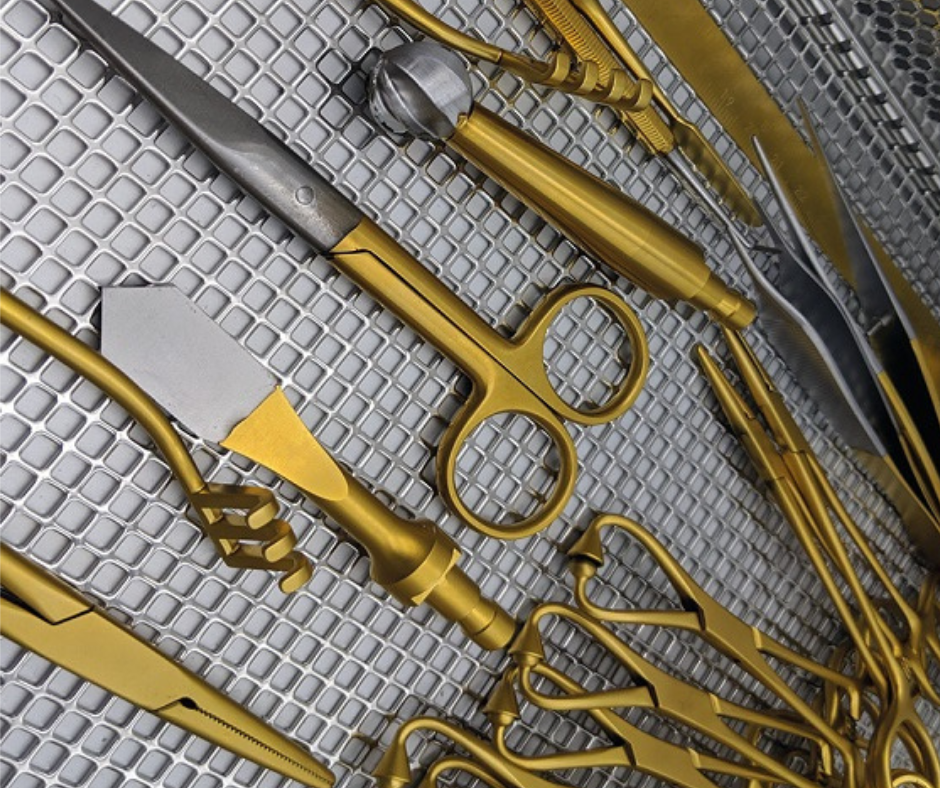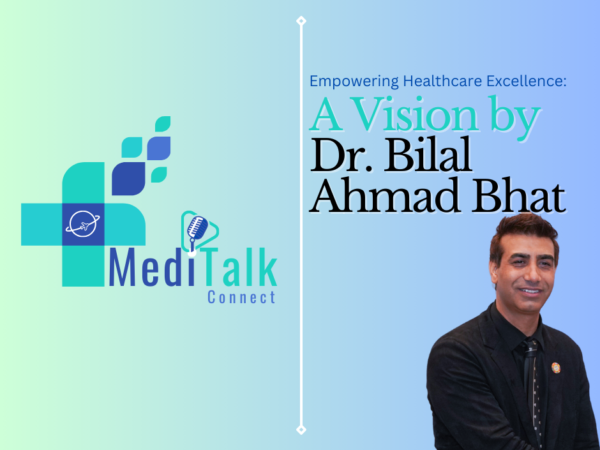In the intricate realm of healthcare, surgical instruments play a pivotal role in ensuring precision, safety, and efficacy across a multitude of medical disciplines. From intricate dental procedures to life-saving neurosurgery, each specialty demands a distinct set of tools crafted with utmost precision and innovation. This article delves into the diverse world of surgical instruments, spanning dental, medical, orthopedic, autopsy postmortem, beauty, diagnostic, electro, fishing, hollow wares stainless steel, hospital furniture, laryngology bronchoscopy, neurosurgery laminectomy, ophthalmology, otology, rhinology sinuscopy, single-use instruments, tonsillectomy tracheotomy, vascular thoracic, and veterinary instruments.
Dental Instruments: Precision in Every Detail
Dental procedures require an array of specialized instruments designed to address the intricacies of oral health. From forceps and elevators for tooth extraction to mirrors and probes for diagnostics, the dental toolkit is a testament to precision engineering. Advances in materials and design have led to the development of ergonomic instruments, enhancing the comfort of both practitioners and patients.
Medical and Orthopedic Instruments: A Symphony of Precision
The field of general surgery relies on a broad spectrum of instruments catering to various medical needs. Scalpels, forceps, scissors, and retractors are fundamental tools ensuring surgeons can perform procedures with the utmost accuracy. Orthopedic instruments, on the other hand, are tailored for bone-related procedures. Instruments such as bone saws, drills, and plates are vital for orthopedic surgeons in addressing fractures and musculoskeletal disorders.
Autopsy Postmortem Instruments: Unveiling the Truth
Autopsy postmortem instruments are designed for the meticulous examination of deceased individuals. Scalpels, rib shears, and postmortem needles aid pathologists in conducting thorough examinations, unraveling the mysteries of the deceased’s medical history and cause of death.
Beauty Instruments: Precision in Aesthetics
From dermatology to plastic surgery, beauty instruments play a crucial role in enhancing aesthetics and addressing cosmetic concerns. Scalpels, microscissors, and forceps tailored for delicate procedures are employed by practitioners dedicated to refining and restoring natural beauty.
Diagnostic and Electro Instruments: Pioneering Medical Investigation
Diagnostic instruments, including stethoscopes, otoscopes, and blood pressure monitors, are indispensable for healthcare professionals in assessing patients’ health. Electro instruments, such as electrocardiograms (ECGs) and defibrillators, provide critical insights and interventions in emergencies, safeguarding lives.
Fishing Instruments: Precision Beyond Medicine
While seemingly unconventional, fishing instruments find their place in the medical world. Specially designed forceps and scissors aid surgeons in delicate procedures, showcasing the adaptability and versatility of these instruments across medical disciplines.
Hollow Wares Stainless Steel: Form and Function
Hollow wares, made of durable stainless steel, serve various purposes in medical settings. Trays, basins, and kidney dishes made from these materials are essential for maintaining sterility and organizing instruments during procedures.
Hospital Furniture: Ergonomics and Efficiency
Hospital furniture encompasses a wide range of items, from operating tables and examination couches to instrument trolleys. The design of such furniture prioritizes ergonomics, ensuring comfort for patients and facilitating the seamless workflow of healthcare professionals.
Laryngology Bronchoscopy Instruments: Precision in Airway Management
Laryngology bronchoscopy instruments are crafted for the examination and treatment of the respiratory system. Endoscopes, forceps, and suction devices assist in diagnosing and addressing issues within the larynx and bronchial tubes.
Neurosurgery Laminectomy Instruments: Addressing Intricacies of the Nervous System
In the realm of neurosurgery, precision is paramount. Instruments like microscopes, drills, and nerve hooks enable neurosurgeons to navigate the complexities of the nervous system, addressing conditions ranging from tumors to spinal cord injuries.
Ophthalmology Instruments: Visionary Precision
Ophthalmology instruments cater to the delicate nature of eye surgeries and examinations. Instruments like microsurgical scissors, forceps, and retractors are designed to ensure the utmost precision in procedures such as cataract surgery and corneal transplants.
Otology Instruments: Precision in Ear Care
Otology instruments are tailored for procedures involving the ear. From ear speculums to tympanoplasty instruments, these tools aid in diagnosing and treating conditions affecting the auditory system.
Rhinology Sinuscopy Instruments: Navigating Nasal Complexities
Rhinology sinuscopy instruments are essential for examining and treating nasal and sinus conditions. Endoscopes, sinus forceps, and suction devices allow ENT specialists to address issues like sinusitis and nasal polyps with precision.
Single Use Instruments: Hygiene and Convenience
Single-use instruments are designed for one-time use, prioritizing hygiene and eliminating the need for sterilization. This category includes disposable scalpels, forceps, and scissors, reducing the risk of cross-contamination in medical settings.
Tonsillectomy Tracheotomy Instruments: Precision in Airway Procedures
For procedures involving the airway, such as tonsillectomies and tracheotomies, specialized instruments like tracheal dilators and tonsil forceps are crucial. Precision in these procedures ensures optimal patient outcomes.
Vascular Thoracic Instruments: Navigating Vascular Complexity
Vascular thoracic instruments are tailored for procedures involving blood vessels and the thoracic cavity. Vascular clamps, dilators, and forceps enable surgeons to address conditions such as aneurysms and arterial blockages with precision.
Veterinary Instruments: Healing Beyond Boundaries
Veterinary instruments cater to the health and well-being of animals. Surgical tools for veterinary procedures mirror those used in human medicine, highlighting the shared commitment to precision and care in healing.
In conclusion, the world of surgical instruments is a testament to human ingenuity and dedication to advancing medical care. As technology evolves, so do these instruments, continuously pushing the boundaries of what is possible in healthcare. Whether in the delicate hands of a dental surgeon, the precise maneuvers of an orthopedic specialist, or the life-saving interventions of a neurosurgeon, these instruments are indispensable in the pursuit of healing and well-being.





